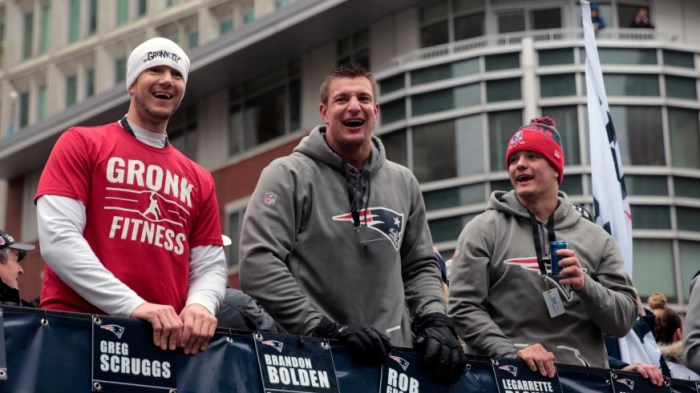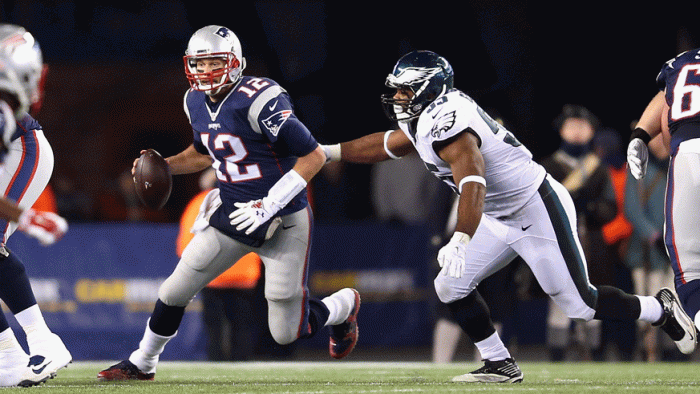Who will turn in the MVP performance at tonight’s Super Bowl XLIX? Whoever’s got the most optimal body clock. A new study suggests that players’ performances may depend at least in part on how the game’s timing aligns with their circadian rhythms, specifically how long it’s been since their body’s natural wake-up time. “The reason why we did this study is that all the existing literature talking about circadian rhythm in sports performance came to the same conclusion: that athletes give their best performance in the evening,” said Roland Brandstaetter, the study’s senior author from the University of Birmingham in the U.K. After studying the performance of 121 competitive athletes, Brandstaetter and colleagues found that those who naturally get up early reached peak performance in the early afternoon. Those who naturally sleep the latest would likely reach their peak in the evening. Specifically, natural early and intermediate risers reached their peak performances about six hours after their internal wakeup time. Late risers reached their peaks about 11 hours after their internal wakeup time. Overall, the researchers found that individual performance during the day can vary by 7 to 10 percent among early and intermediate risers, and by up to 26 percent among late risers.
The researchers say that just a 1 percent improvement among the fourth place athletes in the women’s road race, 400-meter swim or 400-meter sprint at the 2008 Olympics may have propelled them to a gold medal. Brandstaetter said the improvements in peak performance may easily apply to areas other than sports.
“Physical performance and mental performance go hand in hand,” he said. “If you’re physically exhausted, then your brain isn’t working either. … Also, if you’re mentally tired, you won’t be at the top of your physical performance.” Finding a new circadian rhythm
While it’s possible to change the body’s internal clock, Brandstaetter said it takes time.
“If you just change your wakeup time on the day of the competition or the day of your performance, it wouldn’t make much of a difference,” he said. “You would need to start in advance and retrain your biological clock.” Brandstaetter said it might be difficult for people to know when their internal wakeup times are. It’s not simply the time the alarm clock goes off in the morning.
“If you’re really agenda-free and not going out until 1 o’clock in the morning, then you start getting an idea about it,” he said.
“Try to listen and understand your internal biological clock,” Brandstaetter said. “Try to live with it instead of trying to live against it.”
Morning person or late sleeper? It matters for Super Bowl players

Getty Images


















